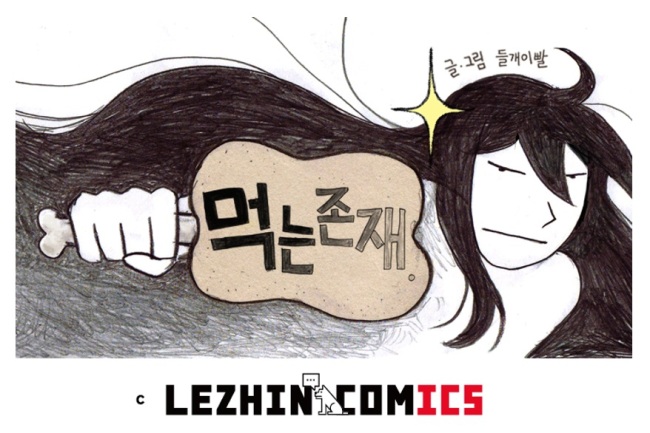Kijun Times
Kijun Times 는 교내 영어잡지,신문 동아리로 다양한 주제에 관한 이슈로 원고를 작성하며 영어 잡지를 만드는 동아리입니다.
매년 잡지 출판뿐만 아니라 자신의 진로와 관련된 개인기사, 모둠기사를 작성함으로써 영어 실력향상은 물론 주제에 제한이 없기 때문에 다양한 진로에 접목 가능합니다.
We are looking for a new journalist for The KIJUN TIMES.
Anyone can be a journalist for The KIJUN TIMES.

Webtoons eye overseas markets |
|||||||||
|---|---|---|---|---|---|---|---|---|---|
| 이름 | 최세나 | 등록일 | 15.11.06 | 조회수 | 257 | ||||
Webtoons eye overseas markets
Published : 2015-11-04 15:03 Once considered “hazardous” to the young, comics in Korea are having their moment in the sun with webtoons, or web comics, hailed as holding the potential to become the country’s next driver of hallyu, or the Korean Wave.
“In the ’80s, comics were considered bad and were burnt. But now, they are being displayed at special exhibitions and events, representing Korea’s culture in the world,” Lee Chung-ho, president of the Korea Cartoonists Association, said at the 15th Cartoons Day event in Seoul on Tuesday.
In the 1980s and ’90s, comics were considered “hazardous materials” that can spoil the young, and hinder their education and college goals. The general population viewed a career in drawing comics as the lowest-grade job that could barely earn minimum wage. Korea then held outdoor events burning comic books to discourage the young from reading them. The tide has now turned with the mass production and distribution of computers and mobile devices, increasing demand for visual content amid an upsurge in online traffic. With artists and their work now being perceived as “creative economic assets” to the country’s growth, the value of Korea’s comics industry stands at around 760 billion won ($671 million), of which 170 billion comes from webtoons, according to the Ministry of Culture, Sports and Tourism. Now, an established comic artist earns over 6 million won-7 million won per episode on average. In Korea, 1 in 3 reads webtoons every week. The industry -- with some 4,600 artists and 30 webtoon platforms -- is gearing up to introduce its work in “blue ocean” markets, including the U.S. With Korean webtoons being translated to other media such as movies and TV dramas, they can further offer many opportunities in boosting transmedia business. “I believe webtoons have a lot to offer as ‘one-source multiuse’ content as they have strength and uniqueness in storytelling,” said Jay Im, chief strategy officer of Rolling Story. “Overseas markets such as the U.S. where webtoons have not yet been fully explored could give the industry a new shot.” Rolling Story is a Korean start-up webtoon platform operator whose shareholders include Yoon Tae-ho, the author of hit webtoon “Misaeng” (“Incomplete Life”). It recently sealed a deal to collaborate with “Batman” producer Michael Uslan in coproducing one-source multi-use content of Korean webtoons. Established last year, Rolling Story is dedicated to promoting Korean webtoons overseas.
Industry officials said that webtoons serve as the “bridge” between text and moving images amid the transition of the mobile content sector seeking to offer more videos than texts. Despite rapid growth over the years, webtoons should always focus on providing rich stories. “We are beginning to see the formation of Korea’s webtoon industry where the perception of consumers willing to pay for comic content has improved,” said Koh Sun-mi, PR supervisor of Lezhin Entertainment, one of the country’s leading webtoon platforms. “To sustain, we always have to remind ourselves of the most basic thing, and that is: courage to keep on creating quality and original content for readers.” By Park Hyong-ki (hkp@heraldcorp.com) |
|||||||||
| 이전글 | Priest devoted to helping urban poor in Philippines |
|---|---|
| 다음글 | Korea's GDP to catch up to Japan's in 2020: IMF |


